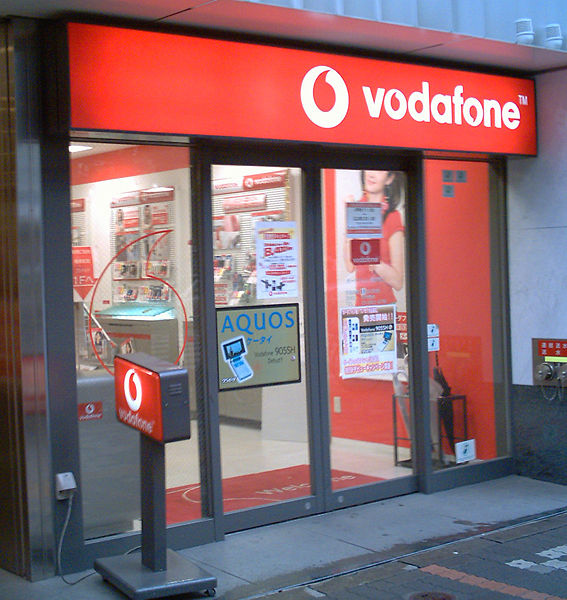Some companies and techniques are working to expand the use of shopping over this channel.
Mobile commerce is taking off very rapidly but, at the same time, the number of consumers who are using the channel are exceptionally low compared to the number who shop in person or who buy over the internet on their laptops and desktops.
There are a number of reasons that people have hesitated to turn to their smartphones to buy.
People frequently hold back from shopping via smartphone and tablet because mobile commerce often comes with slow internet speeds, improperly optimized websites, long page load times, and concerns over the security of payments. Despite the fact that online shopping no matter where the consumer may be provides a tremendous opportunity for convenience, variety, and price comparisons but even the best apps and websites often lead individuals to learn about a product and then purchase it on a desktop or in a brick and mortar store instead of buying over that channel.
However, many mobile commerce using companies are working to boost the numbers.
 The latest sales data from Capgemini and IMRG have shown that from the second quarter of last year to the same quarter this year, there was an increase in mobile commerce sales from 11.6 percent of online purchases to 23 percent.
The latest sales data from Capgemini and IMRG have shown that from the second quarter of last year to the same quarter this year, there was an increase in mobile commerce sales from 11.6 percent of online purchases to 23 percent.
There are many reasons that consumers are still hesitating to buy over mobile commerce. They include the following:
• Reduced internet performance that doesn’t meet the expectations of consumers.
• Heavy page weight that leads to increased load times.
• Redirection issues
• Security concerns
A mobile commerce survey in which 728 people participated showed that among all of the various tasks that people complete using their smartphones or tablets, “reserve and collect” services, and “shopping online” were still lower than many companies would hope. Among those respondents, only 9 percent shopped online and 27 percent used reserve and collect services (where an item is ordered to be put aside in a store and the customer picks it up in person). This suggests to many that a “click to collect” service may be more appealing to consumers than actually completing the order to be shipped online by way of a small screen device.
Test launch of mobile commerce platform begins in New Zealand
Vodafone, a global telecommunications organization, is one of several companies in its industry that have been showing aggressive interest in mobile commerce. Consumers are becoming more involved in mobile technology, leading to a growing demand for a more convenient, tech-savvy form of commerce. Vodafone has been working to position itself as a leader in the mobile commerce sector by meeting this demand with its SmartPass platform. The company has recently begun a pilot test for the platform in Auckland, New Zealand, before an international launch later this year.
SmartPass leverages the power of NFC technology
The SmartPass is based on NFC technology and leverages NFC in order to facilitate mobile payments. The technology is quite common in the mobile commerce sector, forming the backbone for the majority of other platforms that could be considered competitors to SmartPass. The platform was developed with the help of Visa, which also has a vested interest in mobile commerce. The pilot launch of the platform is meant to expose consumers to mobile commerce and provide merchants with an effective way to engage mobile consumers.
 NFC-enabled devices still rare among consumers
NFC-enabled devices still rare among consumers
Vodafone expects the pilot launch to last at least two months, hoping to solve some of the undiscovered issues that the SmartPass may have during that time. The company is aware of the low availability of NFC-enabled devices in the consumer market, but does not anticipate this to be a significant problem. SmartPass, like other NFC-based mobile commerce platforms, can only be used by NFC-enabled devices. These devices are becoming more common, but many consumers have shied away from mobile commerce because they are unwilling to purchase a new, expensive smartphone or tablet just to be able to make a mobile payment at a physical store.
SmartPass to function as mobile wallet
The SmartPass is not only able to facilitate mobile payments, of course, as it is also designed to function as a sort of digital wallet. The platform is capable of storing a variety of financial information that could be used by consumers at any given time. Like other platforms, SmartPass is also expected to keep track of special offers that consumers receive from merchants and the brands they are interested in.
 The latest sales data from Capgemini and IMRG have shown that from the second quarter of last year to the same quarter this year, there was an increase in mobile commerce sales from 11.6 percent of online purchases to 23 percent.
The latest sales data from Capgemini and IMRG have shown that from the second quarter of last year to the same quarter this year, there was an increase in mobile commerce sales from 11.6 percent of online purchases to 23 percent.
 NFC-enabled devices still rare among consumers
NFC-enabled devices still rare among consumers